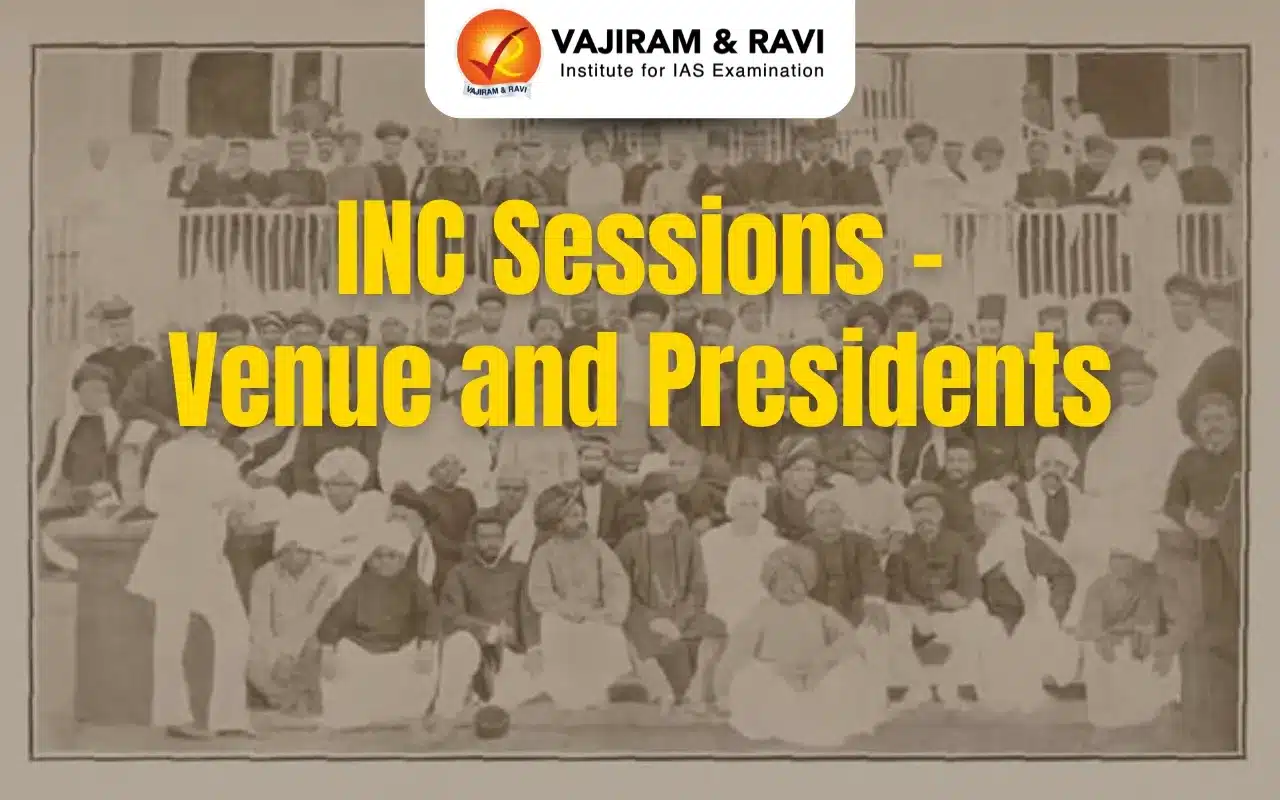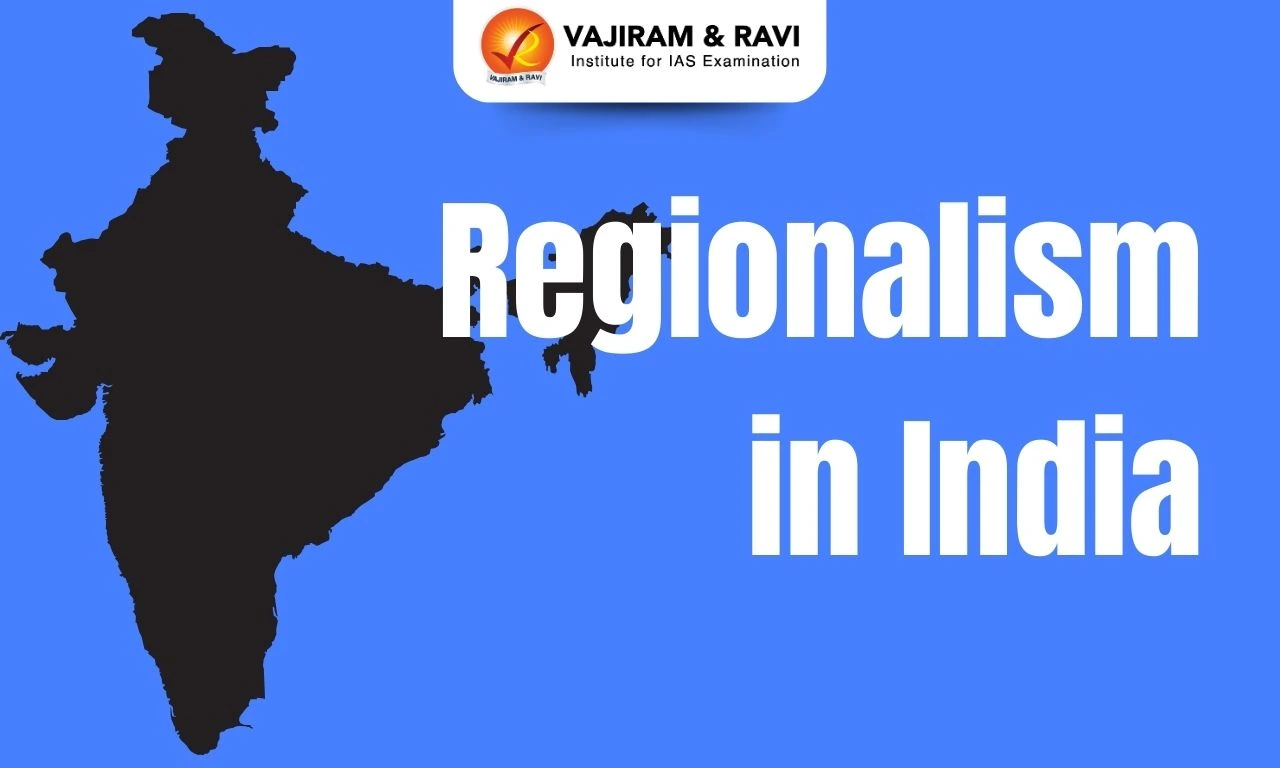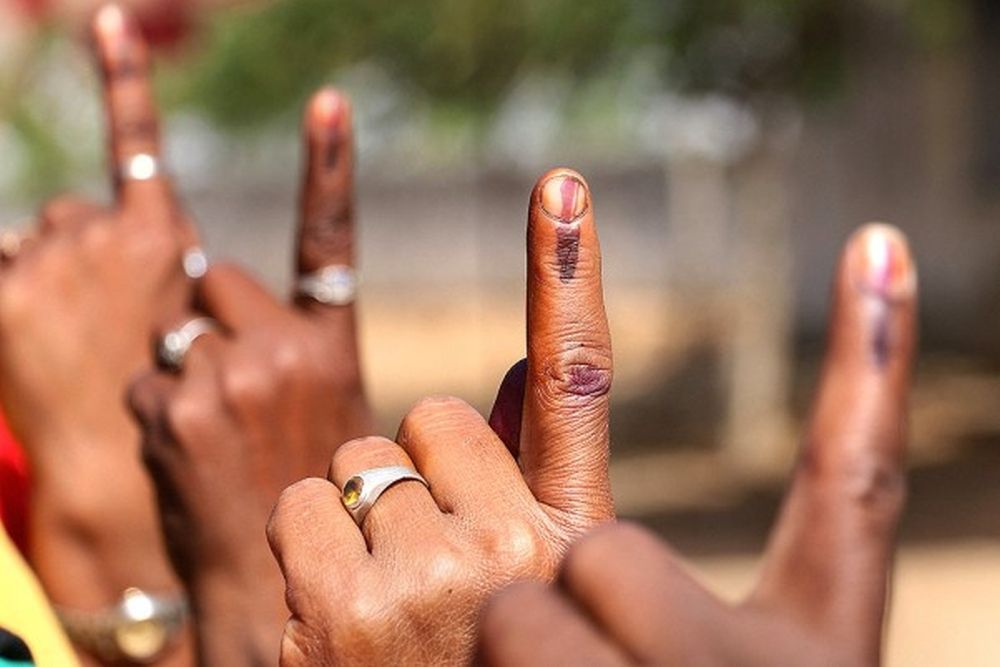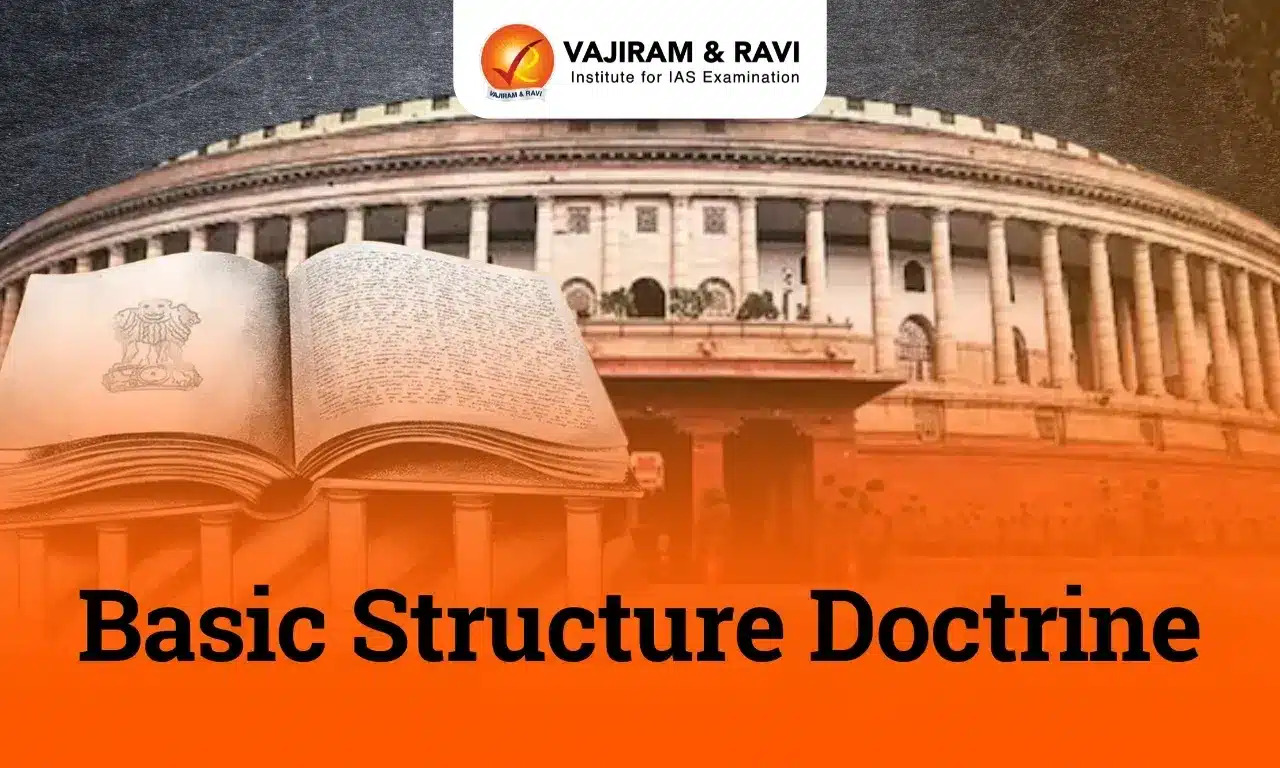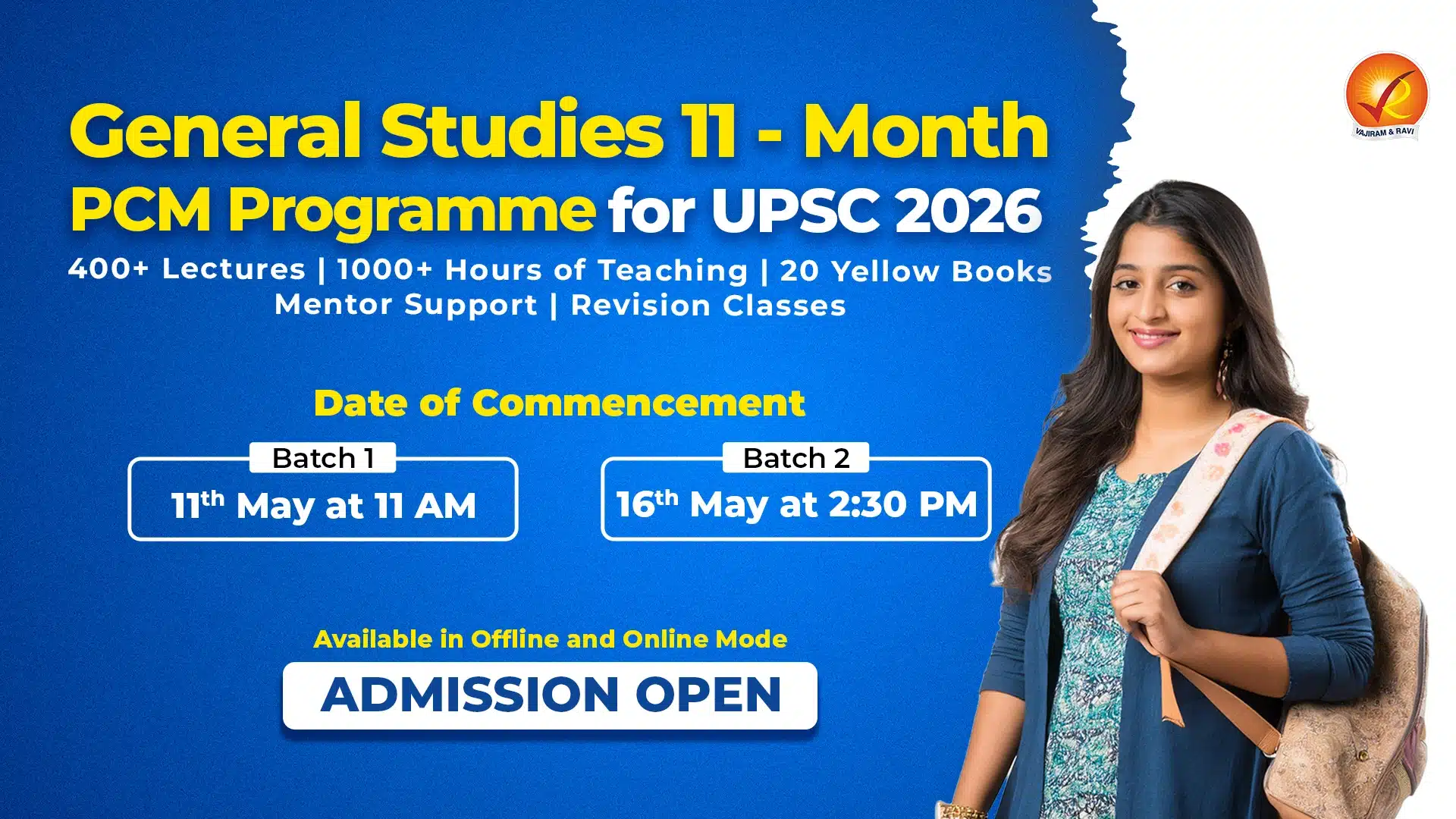The Indian National Congress (INC) emerged as the main political platform that brought the country together against British colonial authority and played a pivotal role in India’s freedom movement. Founded in 1885, the INC became the driving force behind the nationalist movement, guiding the course of India’s demand for independence.
Over the decades, the Congress held numerous sessions across the country, where key decisions were made on strategies and the future direction of the movement. These sessions, attended by prominent leaders, not only influenced the course of Indian history but also reflected the political climate of the time.
Indian National Congress (INC)
The Indian National Congress (INC) was founded on 28 December 1885 by Allan Octavian Hume, initially as a platform for civil and political discussion among educated Indians. Over time, it evolved into the primary force behind India’s independence movement. The Congress held annual sessions, usually in December, where leaders from across India gathered to discuss policies and strategies. Additionally, special sessions were also convened during critical moments, such as the Non-Cooperation Movement (1920), reflecting the INC’s adaptability in key political junctures.
The following table highlights the year, place, presidents, and significance of each major session of the Indian National Congress:
| Year | Place | President | Significance |
| 1885 | Bombay | Womesh Chandra Bonnerjee | – 72 social reformers, journalists, and lawyers convened at Gokuldas Tejpal Sanskrit College in Bombay for the INC’s inaugural session. |
| 1886 | Calcutta | Dadabhai Naoroji | – Merger of INC and National Conference
-Decided to set up Provincial Congress Committees across the country. |
| 1887 | Madras | Badruddin Tyabj | To promote unity and cooperation among the various regional groups, the appeal was made to the Muslims to join INC. |
| 1888 | Allahabad | George Yule | First English President of INC. |
| 1889 | Bombay | Sir William Wedderburn | INC’s British Committee was founded in Britain. |
| 1890 | Calcutta | Pherozeshah Mehta | The first woman to graduate from Calcutta University, Kadambini Ganguly, spoke at the Congress in 1890. |
| 1891 | Nagpur | P. Ananda Charlu | — |
| 1892 | Allahabad | Womesh Chandra Bonnerjee | Congress criticized the Indian Councils Act of 1892 |
| 1893 | Lahore | Dadabhai Naoroji | — |
| 1894 | Madras | Alfred Webb | — |
| 1895 | Pune | Surendranath Banerjee | There was a significant increase in the number of attendees for this session. |
| 1896 | Calcutta | Rahimatullah M. Sayani | “Vande Mataram”, the national song was sung for the first time; Passed a resolution blaming the British for the famine that had devastated many parts of India. |
| 1897 | Amraoti | C. Sankaran Nair | Congress slammed the British for the arrest of Bal Gangadhar Tilak. |
| 1898 | Madras | Ananda Mohan Bose | — |
| 1899 | Lucknow | Romesh Chunder Dutt | Congress demanded that the British government should stop the ‘drain of wealth’ from India to England. |
| 1900 | Lahore | N.G. Chandavarkar | — |
| 1901 | Calcutta | Dinshaw Eduljee Wacha | – For the first time, Mahatma Gandhi appeared on the Congress platform.
– Gandhi ji, a South Africa-based lawyer, then pleaded with Congress to back the fight against racial exploitation and injustice in the Country. |
| 1902 | Ahmedabad | Surendranath Banerjee | — |
| 1903 | Madras | Lal Mohan Ghosh | — |
| 1904 | Bombay | Sir Henry Cotton | Congress expressed strong disapproval of Lord Curzon‘s misuse of Indian revenues for his aggressive policy in Tibet and vehemently protested the Curzon administration’s plan to partition Bengal. |
| 1905 | Banaras | Gopal Krishna Gokhale | – The divisions between the moderates and the extremists came to the fore;
– Adopted Swadeshi resolution. |
| 1906 | Calcutta | Shri Dadabhai Naoroji | For the first time, Congress declared Swaraj as its aim. |
| 1907 (Suspended) | Surat | Rash Behari Ghosh | Congress was split into two – the moderates and the extremists. |
| 1908 | Madras | Rash Behari Ghosh | — |
| 1909 | Lahore | Madan Mohan Malaviya | Congress opposed the Indian Councils Act of 1909′s proposal to create separate electorates based on religion. |
| 1910 | Allahabad | Sir William Wedderburn | — |
| 1911 | Calcutta | Bishan Narayan Dar | It was the first time that “Jana Gana Mana,” the national anthem of India, was performed. |
| 1912 | Bankipore | Raghunath Mudholkar | — |
| 1913 | Karachi | Nawab Syed Mohammed Bahadur | — |
| 1914 | Madras | Bhupendra Nath Bose | Congress demanded that Indians be allowed to have higher positions in the army. |
| 1915 | Bombay | Satyendra Prasanna Sinha | To allow the delegates from the extremist section to be admitted, the Congress’s constitution was appropriately changed. |
| 1916 | Lucknow | Ambica Charan Mazumdar | Unification of the moderates and extremists. |
| 1917 | Calcutta | Annie Besant | Congress got its first woman President. |
| 1918 | Delhi | Madan Mohan Malaviya | — |
| 1918 (Special Session) | Bombay | Syed Hasan Imam | Congress expressed disappointment with the Montague-Chelmsford Reform. It called for the Indian people to have a Declaration of Rights. |
| 1919 | Amritsar | Motilal Nehru | Congress declared that it was in sympathy with the victims of the Jallianwala Bagh massacre. |
| 1920 (Special Session) | Calcutta | Lala Lajpat Rai | INC approved the Non-Cooperation Movement (NCM). |
| 1920 | Nagpur | C. Vijayaraghavachariar | – Congress intensified the NCM.
-The importance of using non-violent means was emphasized. |
| 1921 | Ahmadabad | Hakim Ajmal Khan (Acting President for C.R. Das) | Gandhiji was declared the only executive authority of the Congress and given full AICC authority. |
| 1922 | Gaya | Deshbandhu Chittaranjan Das | Intense debate on the issue of council entry led to CR Das and others breaking away from INC and forming the Swaraj party. |
| 1923 (Special Session) | Delhi | Maulana Abul Kalam Azad | Decided to permit members to run for office in the next elections. |
| 1924 | Belgaum | M.K. Gandhi | The Only INC session presided over by Mahatma Gandhi. |
| 1Downpour | nope | Mrs. Sarojini Naidu | Sarojini Naidu became the first Indian woman to preside over the Congress. |
| 1926 | Guwahati | S. Srinivasa Iyengar | — |
| 1927 | Madras | M.A. Ansari | Congress resolved to boycott the Simon Commission. |
| 1928 | Calcutta | Motilal Nehru | – The first All India Youth Congress was formed.
– Resolution to adopt the Motilal Nehru report’s suggestion to grant Dominion Status to India within two years. |
| 1929 | Lahore | Jawaharlal Nehru | Congress declared Purna Swaraj as its ultimate goal. |
| 1931 | Karachi | Vallabbhai J. Patel | – Congress passed a resolution on Fundamental Rights and the National Economic Program.
-It also endorsed the Gandhi-Irwin Pact. |
| 1933 | Calcutta | Mrs. Nellie Sengupta | — |
| 1934 | Bombay | Dr. Rajendra Prasad | Wearing a Khadi was established as a rule for elected members. |
| 1936 | Lucknow | Jawaharlal Nehru | Urged Congressman to adopt Socialism. |
| 1937 | Faizpur (Bombay Presidency) | Jawaharlal Nehru | The first Congress Session in a rural area. |
| 1938 | Haripura | Subhash Chandra Bose | – Rejcted the federal structure given by GoI 1935.
– Under the chairmanship of Nehru the National Planning Committee formed. |
| 1939 | Tripuri | Subhash Chandra Bose | Following Subhas Chandra Bose’s resignation, Rajendra Prasad assumed the presidency. |
| 1940 | Ramgarh | Maulana Abul Kalam Azad | The Congress objected to India being labelled as a belligerent nation to the war efforts. |
| 1946 | Meerut | J.B. Kripalani | Last INC session before Independence. |
INC Sessions – Venue and Presidents UPSC PYQs
Question 1) The 1929 Session of the Indian National Congress is of significance in the history of the Freedom Movement because the (UPSC Prelims 2014)
(a) attainment of Self-Government was declared as the objective of the Congress
(b) attainment of Poorna Swaraj was adopted as the goal of the Congress
(c) Non-Cooperation Movement was launched
(d) the decision to participate in the Round Table Conference in London was taken
Ans: (b)
Question 2) Consider the following statements (UPSC Prelims 2015)
- The first woman President of the Indian National Congress was Sarojini Naidu.
- The first Muslim President of the Indian National Congress was Badruddin Tyabji.
Which of the statements given is/are correct?
(a) 1 only (b) 2 only
(c) Both 1 and 2 (d) Neither 1 nor 2
Ans: (b)
Last updated on April, 2025
→ UPSC Notification 2025 was released on 22nd January 2025.
→ The UPSC Vacancy 2025 were released 1129, out of which 979 were for UPSC CSE and remaining 150 are for UPSC IFoS.
→ UPSC Admit Card 2025 is expected to release in first week of May for CSE Prelims Exam 2025.
→ The UPSC Prelims 2025 is scheduled to be conducted on 25th May 2025 and UPSC Mains 2025 will be conducted on 22nd August 2025.
→ Apply once through it and aspirants can apply for various government exams conducted by UPSC.
→ The UPSC Selection Process is of 3 stages-Prelims, Mains and Interview.
→ UPSC Result 2024 is released with latest UPSC Marksheet 2024. Check Now!
→ UPSC Toppers List 2024 is released now. Shakti Dubey is UPSC AIR 1 2024 Topper.
→ Also check Best IAS Coaching in Delhi
INC Sessions - Venue and Presidents FAQs
Q1. Who was the President of INC during the Lucknow session, in 1916?+
Q2. How many times was Dadabhai Naoroji President of the INC?+
Q3. Who was the President of the INC Surat session?+
Q4. Who was the President of Haripura Session INC?+
Q5. Where was the first session of the INC held?+
Tags: inc sessions quest

